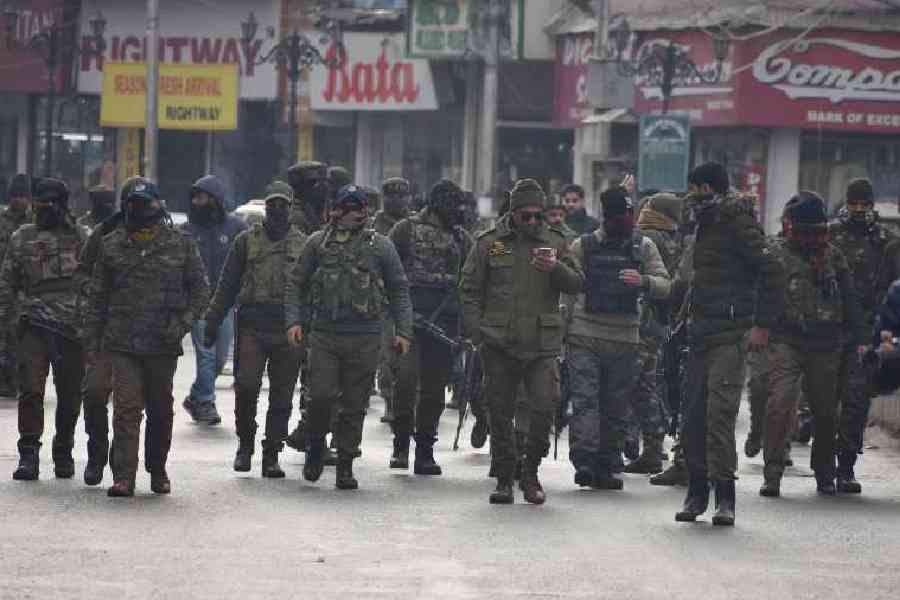Four years after the abrogation of Article 370, India’s decision to host a G20 tourism meeting in Srinagar earlier this week was aimed at pushing the Narendra Modi government’s narrative that all is normal in Jammu and Kashmir. That assertion itself is not new; but in this case, it was meant for a global audience. Yet it is a claim that is betrayed by facts on the ground. Prioritising political messaging over the actual G20 work is a risky endeavour with several downsides for India’s ongoing presidency of the group of 20 major economies. In much of the world, Kashmir is viewed as a restive region. Hosting a G20 meeting there helps bolster India’s position and sends the signal that most governments recognise and accept New Delhi’s stance on the region. If such an event can help bring international tourism back to Kashmir after three decades of militancy and spur domestic and global investments in the region, that would be welcome. But all of this will only work out if the government’s messaging holds up. Unfortunately, a large part of the narrative around Kashmir’s supposed normalcy diverges from the reality.
In a democracy, the surest sign of normalcy is the ability to hold free and fair elections on schedule. Jammu and Kashmir has not had an elected legislative assembly since 2018. A more recent delimitation exercise has awarded a disproportionate number of seats in the next legislature to the Jammu region where Mr Modi’s Bharatiya Janata Party is dominant, given Jammu’s significantly lower population than that of Muslim-majority Kashmir. Investments in Jammu and Kashmir are yet to pick up. Even mainstream Kashmiri political parties face curbs. Journalists are routinely arrested and held under draconian laws. A beefedup security presence ahead of the G20 meeting underscored the anxieties that New Delhi seeks to mask. Meanwhile, the choice of Kashmir as a G20 venue has created headlines that India would not have wished for, with officials from China, Turkey and Saudi Arabia skipping the Srinagar meeting along with peers from Egypt, a special invitee. But the impact could extend beyond this arc. India has pitched its G20 leadership as an opportunity to serve as a bridge in a fractured world, on issues ranging from the Ukraine war to climate change. That stance loses credibility when New Delhi itself plays divisive politics on a global stage.










